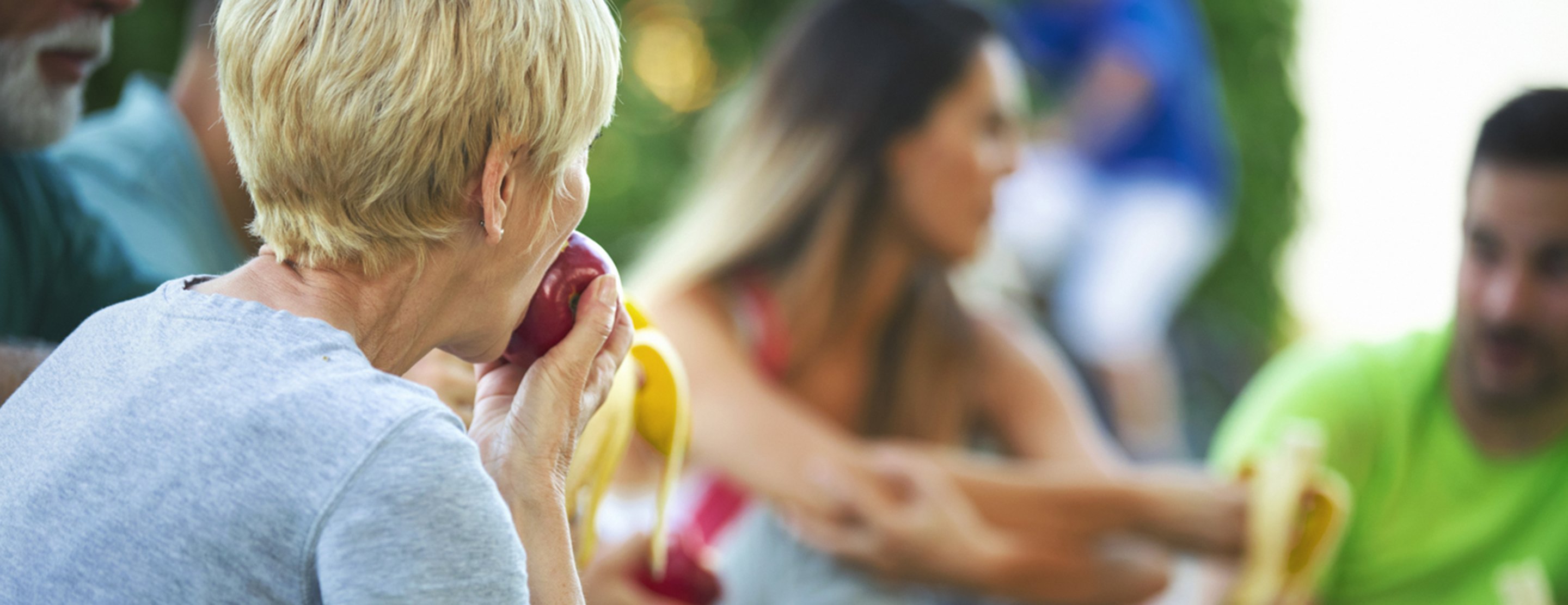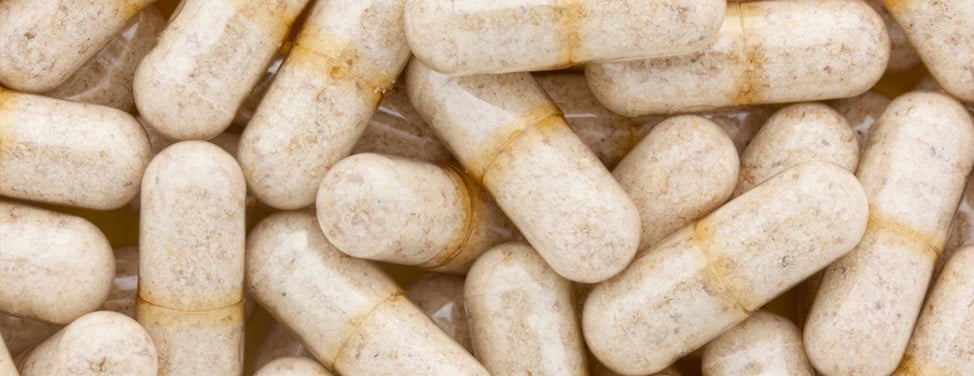
Diverticular Disease and Diet
Diverticulosis is a condition in which small, bulging pouches (diverticuli) form inside the lower part of the intestine, usually in the colon. Constipation and straining during bowel movements can worsen the condition. A diet rich in fiber can help keep stools soft and prevent inflammation.
Diverticulitis occurs when the pouches in the colon become infected or inflamed. Dietary changes can help the colon heal.
Fiber is an important part of the diet for patients with diverticulosis. A high-fiber diet softens and gives bulk to the stool, allowing it to pass quickly and easily.
Diet for diverticulosis
Eat a high-fiber diet when you have diverticulosis. Fiber softens the stool and helps prevent constipation. It also can help decrease pressure in the colon and help prevent flare-ups of diverticulitis.
High-fiber foods include:
- Beans and legumes
- Bran, whole wheat bread and whole grain cereals such as oatmeal
- Brown and wild rice
- Fruits such as apples, bananas and pears
- Vegetables such as broccoli, carrots, corn and squash
- Whole wheat pasta
If you currently don't have a diet high in fiber, you should add fiber gradually. This helps avoid bloating and abdominal discomfort. The target is to eat 25 to 30 grams of fiber daily. Drink at least 8 cups of fluid daily. Fluid will help soften your stool. Exercise also promotes bowel movement and helps prevent constipation.
When the colon is not inflamed, eat popcorn, nuts and seeds as tolerated.
Diet for diverticulitis
During flare ups of diverticulitis, follow a clear liquid diet. Your doctor will let you know when to progress from clear liquids to low fiber solids and then back to your normal diet.
A clear liquid diet means no solid foods. Juices should have no pulp. During the clear liquid diet, you may consume:
- Broth
- Clear juices such as apple, cranberry and grape. (Avoid orange juice)
- Jell-O
- Popsicles
When you're able to eat solid food, choose low fiber foods while healing. Low fiber foods include:
- Canned or cooked fruit without seeds or skin, such as applesauce and melon
- Canned or well cooked vegetables without seeds and skin
- Dairy products such as cheese, milk and yogurt
- Eggs
- Low-fiber cereal
- Meat that is ground or tender and well cooked
- Pasta
- White bread and white rice
After symptoms improve, usually within two to four days, you may add 5 to 15 grams of fiber a day back into your diet. Resume your high fiber diet when you no longer have symptoms.
UCSF Health medical specialists have reviewed this information. It is for educational purposes only and is not intended to replace the advice of your doctor or other health care provider. We encourage you to discuss any questions or concerns you may have with your provider.











